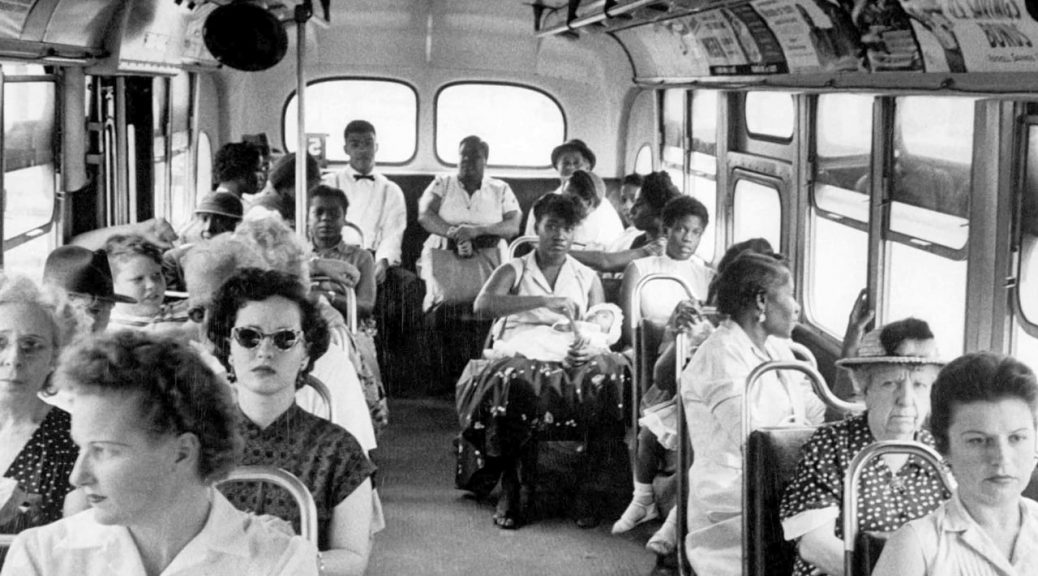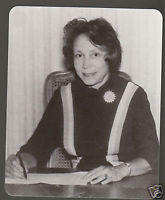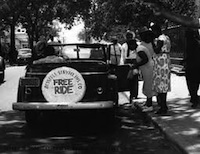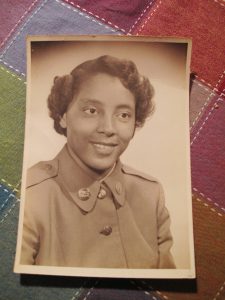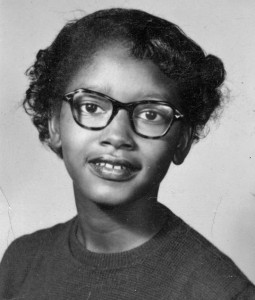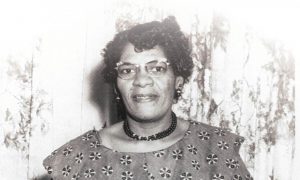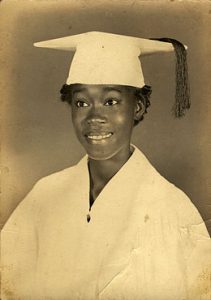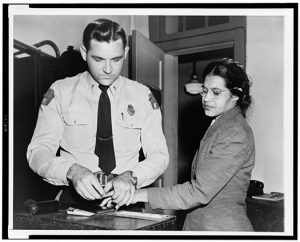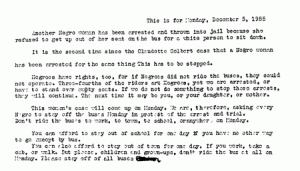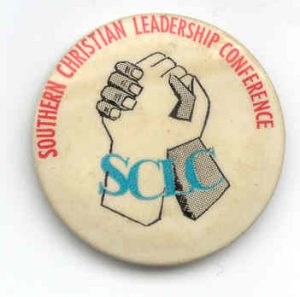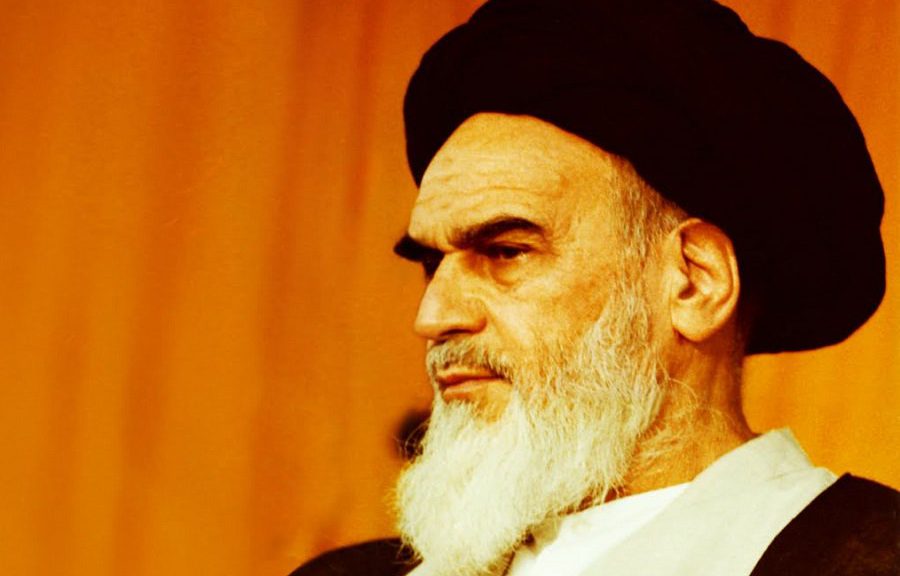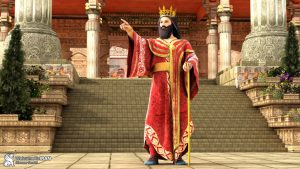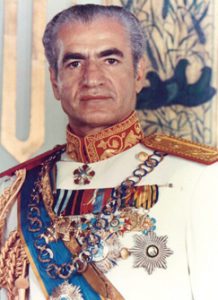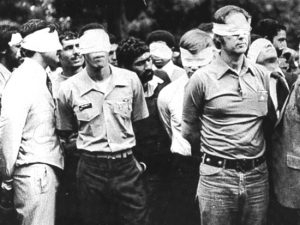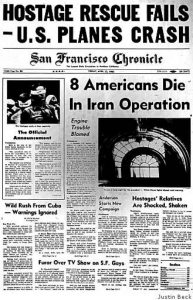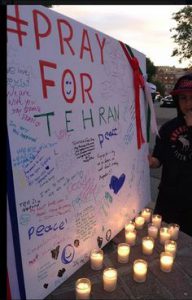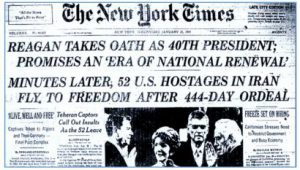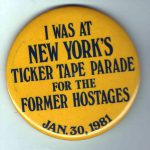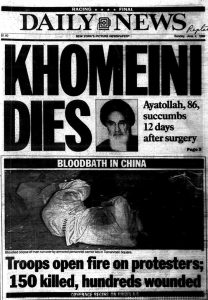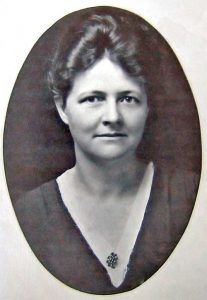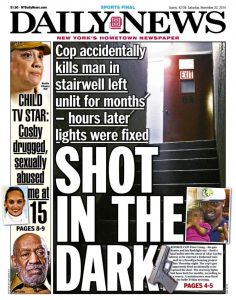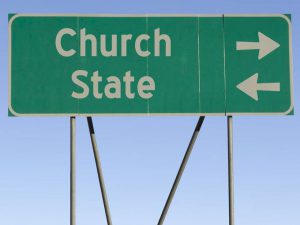Montgomery Alabama Bus Boycott
Irene Morgan
On June 3, 1946 the US Supreme Court had found 6 – 1 in favor of Irene Morgan in Morgan v. Commonwealth of Virginia. The decision stated that segregated seating on interstate buses an “impermissible burden on interstate commerce.”
Southern carriers managed to dodge the Morgan decision, however, by passing segregation rules of their own, and those rules remained outside the purview of state and federal courts because they pertained to private businesses.
Montgomery Alabama Bus Boycott
Women’s Political Council
Jo Ann Robinson
The Women’s Political Council (WPC) of Montgomery, Alabama, was established in 1946 by Mary Fair Burks to inspire African Americans to ‘‘live above mediocrity, to elevate their thinking … and in general to improve their status as a group’ and in 1950, Jo Ann Robinson became WPC president.
As president, she began to study the issue of bus segregation, which affected the many blacks who were the majority of riders on the city system. First, members appeared before the City Commission to report abuses on the buses, such as blacks who were first on the bus being required later to give up seats for whites as buses became crowded. The commission had acted surprised, but did nothing.
In 1953 Robinson and other local black leaders met with Montomery’s three commissioners and complained that the city did not hire any black bus drivers, that segregation of seating was unjust, and that bus stops in black neighborhoods were farther apart than in white ones, although blacks were the majority of the riders.
The commissioners refused to change anything, but Robinson and other WPC members met with bus company officials on their own. The segregation issue was deflected, as bus company officials said that segregation was city and state law, but the WPC achieved a small victory, as the bus company officials agreed to have the buses stop at every corner in black neighborhoods, as was the practice in white neighborhoods. (Robinson bio)
Montgomery Alabama Bus Boycott
Baton Rouge
On June 19, 1953, Reverend T. J. Jemison of Baton Rouge, La., led a boycott of the city’s bus system’s segregated seating policy. They stop riding for eight days, staging what is believed to be the civil rights first bus boycott. Earlier in March, the City Council had passed Ordinance 222, which permitted blacks to be seated on a first-come-first-served basis, but the drivers, all white, refused to comply.
On June 25, 1953, to end the boycott, the city and blacks agreed to a compromise: the two side front seats of buses were to be reserved for whites and the long rear seat was for African Americans. The remaining seats were to be occupied on a first-come-first-served basis.
Montgomery Alabama Bus Boycott
Sarah Keys
In 1952, Women’s Army Corps Sarah Keys, in uniform, was returning home from Fort Dix, NJ and refused to give up her seat. Her father, a veteran himself, encouraged her to challenge the policy.
On September 1, 1953, in Sarah Keys v. Carolina Coach Company, Sarah Keys became the first African American to challenge “separate but equal” in bus segregation before the Interstate Commerce Commission. The initial reviewing commissioner declined to hear her case, but on November 7 the Interstate Commerce Commission in Keys vs. Carolina Coach Company case that racial segregation on interstate buses a violation of the Interstate Commerce Act.
Montgomery Alabama Bus Boycott
Rev Martin Luther King, Jr
January 24, 1954 King delivered a trial sermon at Dexter Avenue Baptist Church in Montgomery, Alabama. On April 14, he will accept the call to Dexter’s pastorate, and on May 2 he delivered first sermon as Dexter’s minister. On October 31, he officially becames pastor of Dexter.
Montgomery Alabama Bus Boycott
Claudette Colvin
On March 2, 1955, nine months before the Rosa Parks arrest, 15-year-old Claudette Colvin boarded a Montgomery city bus after school to head home. As it filled up, a white woman was left standing, and the bus driver ordered the 15-year-old Colvin to get up and move to the back. She refused, police were called. They dragged Colvin off the bus in handcuffs.
On March 18, 1955, she was convicted of refusing to move to the back of the city bus and having assaulted the policeman who removed her from the vehicle. (NYT article)
Montgomery Alabama Bus Boycott
Aurelia Browder
On April 19, 1955 police arrested Aurelia Browder (36 years old) for refusing to give up her bus seat to a white rider in Montgomery, AL.
Montgomery Alabama Bus Boycott
Mary Louise Smith
On October 21, 1955, police arrested Mary Louise Smith (age 18) for the same reason.
Smith, along with Aurelia Browder, Susie McDonald and Claudette Colvin) will be part of the Browder v. Gayle lawsuit.
Montgomery Alabama Bus Boycott
Rosa Parks
December 1, 1955: police arrested Rosa Parks after she refused to give up her seat to a white passenger on a crowded Montgomery city bus. The night of Parks’ arrest, Jo Ann Robinson called the other Women’s Political Council leaders and they agreed that this was the right time for a bus boycott. Robinson stayed up all night copying 35,000 handbills by a mimeograph machine at Alabama State College to distribute the next day. She called students and arranged to meet them at elementary and high schools in the morning. The boycott will last 381-days.
Montgomery Alabama Bus Boycott
Friday 2 December 2
Jo Ann Robinson drove to the various Montgomery schools to drop off the handbills to the students and ask students to take them home for their parents. The handbills asked blacks to boycott the buses the following Monday, December 5, in support of Parks. By Friday night, word of a boycott had spread all over the city. That same night, local ministers and civil rights leaders held a meeting and announced the boycott for Monday. With some ministers hesitant to engage their congregations in a boycott, about half left the meeting in frustration. They decided to hold a mass meeting Monday night to decide if the boycott should continue.
Montgomery Alabama Bus Boycott
Monday 5 December 1955
Rosa Parks was convicted and fined for refusing to give up her seat to a white man on a city bus. The Montgomery Bus Boycott, organized by Martin Luther King Jr., began on this day. Most of the 50,000 African Americans living in Montgomery supported the boycott by walking, bicycling and car-pooling. The one-day boycott was so successful that the organizers met on Monday night and decided to continue.
They created the Montgomery Improvement Association (MIA), It was under the leadership of Ralph Abernathy, Martin Luther King, Jr. and Edgar Nixon. Jo Ann Robinson served on the group’s executive board and edited their newsletter.
Montgomery Alabama Bus Boycott
Thursday 8 December 1955
Black taxi drivers charged ten cents per ride, a fare equal to the cost to ride the bus, in support of the boycott. When word of this reached city officials on December 8, the order went out to fine any cab driver who charged a rider less than 45 cents.
Montgomery Alabama Bus Boycott
December 17, 1955
Rev Martin Luther King, Jr and other MIA representatives met with white leaders in an unsuccessful attempt to resolve the bus dispute. The boycott, initially launched as a one-day statement of protest, had been going on for nearly two weeks at this point.
Montgomery Alabama Bus Boycott
December 30, 1955
Montgomery Mayor W. A. Gayle urged Montgomery citizens to patronize city buses or risk losing the bus company’s business
Montgomery Alabama Bus Boycott
January 1956
January 3, 1956: Montgomery City Lines suggested to the city commission that unless fares were doubled, it would have to shut down because it was losing as much as twenty-two cents a mile. The fare increase was approved the following day.
January 12, 1956: in response to the Montgomery’s rejection of its most recent offer to end the boycott, the MIA executive board decided to boycott the buses indefinitely.
January 24, 1956: Montgomery Mayor Gayle urged whites to stop offering rides to blacks who work for them.
January 26, 1956: two motorcycle policemen stopped Martin Luther King for traveling 30 mph in a 25 mph zone. He was arrested, fingerprinted, photographed, and jailed.
Ralph Abernathy arrived to bail him out; as a crowd gathered at the jail, prison officials escorted King out of the jail and drove him back to town. According to King, on this day and the previous two more than one hundred traffic citations were issued to car pool drivers. Later that evening, a group of King’s friends decided to organize protection for him. Seven Montgomery Improvement Association mass meetings were held to accommodate black residents interested in hearing the story of King’s arrest. King begins to get threatening phone calls.
January 30, 1956,: speaking at an afternoon meeting held after his arrest on speeding charges and following reports of MIA dissension had appeared in the press, King insisted that MIA leaders should continue the bus boycott. He told the Executive Board members of the Montgomery Improvement Association, “If we went tonight and asked the people to get back on the bus, we would be ostracized….My intimidations are a small price to pay if victory can be won.”
At 9:15 p.m., while King spoke at a mass meeting, his home was bombed. His wife and daughter were not injured. Later King addressed an angry crowd that gathered outside the house, pleading for nonviolence.
Montgomery Alabama Bus Boycott
February 1956
Browder v. Gayle begun
February 1, 1956: on behalf of five African American women [Aurelia S. Browder, Claudette Colvin, Mary Louise Smith, Susie McDonald, and Jeanette Reese] who had been mistreated on city buses, Fred D. Gray and Charles D. Langford filed a Federal District Court petition that becomes Browder v. Gayle. The Gayle named was the Mayor. The suit challenged the legality of separate seating on Montgomery’s municipal buses.
Jeanetta Reese
February 2, 1956: Jeanetta Reese withdrew from the suit filed by Gray and Langford, explaining that she and her husband had been threatened with economic retaliation and violence.
White reaction
February 10, 1956: eleven thousand people attending a Citizens’ Council rally in Montgomery cheered Mayor Gayle and Police Commissioner Sellers for their support of segregation on Montgomery buses.
February 13, 1956: Judge Eugene Carter directed the Montgomery county grand jury to determine whether the boycott of Montgomery buses violated Alabama’s anti-boycott law.
February 18, 1956: Fred D. Gray was charged by the Montgomery Grand Jury with “unlawful appearance as an attorney” for representing Jeanetta Reese after she had withdrawn from the suit.
February 21, 1956: a Montgomery grand jury indicted 89 leaders of the boycott, including Dr. Martin Luther King, Jr. and Rev. Ralph Abernathy, for violating a 1921 state statute forbidding boycotts without “just cause.”
Grand jurors repudiated anti-segregation efforts in the grand jury report that accompanied the indictment. “In this state we are committed to segregation by custom and law; we intend to maintain it,” the grand jury wrote. “The settlement of differences over school attendance, public transportation and other facilities must be made within those laws which reflect our way of life.”
As the indicted boycott leaders surrendered themselves into custody at the police station, hundreds of African American supporters gathered outside in a show of support for their efforts to challenge racial discrimination and fight segregation in Alabama.
Of those indicted, only Dr. King was prosecuted. Despite defense evidence showing that the boycott was peaceful and that discriminatory bus service inflicted harm on the African American community, Dr. King was quickly convicted, fined $1000, and given a suspended jail sentence of one year at hard labor. The indictment and Dr. King’s conviction strengthened local African Americans’ resolve to fight segregation and attracted national attention to the growing civil rights movement.
Montgomery Alabama Bus Boycott
108 days after boycott began…
March 22, 1956: King was found guilty of violating the boycott statute in Montgomery, Ala. and fined $500. When he decided to appeal, the judge added 386 days of imprisonment.
Montgomery Alabama Bus Boycott
Browder v. Gayle continues
March 27, 1956: the Alabama Attorney General filed a motion urging dismissal of the Browder v. Gayle federal suit.
June 5, 1956: a three-judge panel of the US District Court for the Middle District of Alabama ruled 2-1 in Browder v Gayle that bus segregation was unconstitutional under the 14th Amendment protections for equal treatment. The court further enjoined the state of Alabama and city of Montgomery from continuing to operate segregated buses.
Supreme Court’s final non-decision
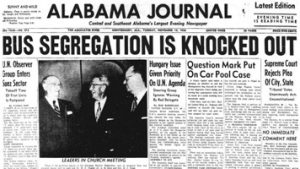
November 13, 1956: the US Supreme Court declined the appeal of a US District Court ruling in Browder v. Gayle that had declared unconstitutional Alabama’s state and local laws requiring segregation on buses, thereby ending the Montgomery Bus Boycott. The Court affirmed the ruling by the three-judge Federal court that had held the challenged statutes “violated the due process and equal protection clauses of the Fourteenth Amendment to the Constitution of the United States.”
December 19, 1956: federal marshals handed Montgomery Mayor Gayle official written notice that the Montgomery buses be desegregated.
Montgomery Alabama Bus Boycott
Aftermath
Snipers
December 28, 1956: the black community returned to the Montgomery buses but faced the threat of violence from some whites who resented the boycott and its results.
In a terrifying development, snipers began to target the buses soon after integrated riding commenced. On the evening of December 28, 1956, shots were fired into a desegregated bus traveling through an African American neighborhood. Rosa Jordan, a 22-year-old black woman who was eight months pregnant, was shot in both legs while sitting in the rear of the bus. She was transported to Oak Street General Hospital, but doctors were hesitant to remove a bullet lodged in her leg, fearing it could cause Jordan to give birth prematurely. She was told she would have to remain in the hospital for the duration of her pregnancy. After the bus driver and passengers were questioned at police headquarters, the bus resumed service. Less than an hour later, in approximately the same neighborhood, the bus was again targeted by snipers but no one was hit.
These shootings followed two earlier sniper attacks on Montgomery buses that occurred the week before but targeted buses carrying no passengers and resulted in no injuries. On the night of Jordan’s shooting, Montgomery Police Commissioner Clyde Sellers ordered all buses to end service for the night. The following day, three city commissioners met with a bus company official and decided to suspend all night bus service after 5:00 p.m. until after the New Year’s holiday. The curfew policy did not end until January 22, 1957.
Southern Christian Leadership Conference
January 10, 1957: following the Montgomery Bus Boycott victory and consultations with Bayard Rustin, Ella Baker, and others, Dr. Martin Luther King, Jr. invited about 60 black ministers and leaders to Ebenezer Church in Atlanta. Their goal was to form an organization to coordinate and support nonviolent direct action as a method of desegregating bus systems across the South. In addition to Rustin and Baker, Rev. Fred Shuttlesworth of Birmingham, Rev Joseph Lowery of Mobile, Rev Ralph Abernathy of Montgomery, Rev C.K. Steele of Tallahassee, all played key roles in this meeting.
Bombings
That same day, four black churches and two pastors’ homes were bombed. All four black churches bombed – Bell Street Baptist Church, Hutchinson Street Baptist Church, First Street Baptist Church, and Mt. Olive Church – had supported the bus boycott and the targeted pastors were civil rights leaders: Reverend Ralph D. Abernathy of First Street Baptist Church who was a prominent boycott leader and proponent of desegregation and Reverend Robert Graetz, white minister of the predominantly black Trinity Lutheran Church, had actively supported the bus boycott.
January 12, 1957: Reverend Abernathy announced plans for Sunday service, telling a reporter that “despite the wreckage and broken windows we will gather as usual at our church” and offer special prayers for “those who would desecrate the house of God.”
January 13, 1957: congregations held Sunday services amidst the bombed debris.
Two white men affiliated with the Ku Klux Klan, Raymond Britt and Sonny Livingston, were indicted in February 1957 after confessing to the bombings. An all-white jury acquitted them of all charges in May 1957, while spectators cheered.

